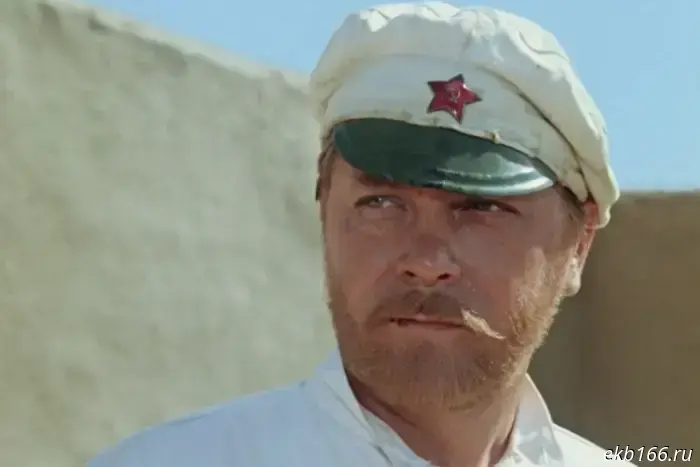
Weekly summary with Olga Maslova: July 28 – August 1
The latest widely discussed video from the Ministry of Internal Affairs (its creators, remind us, drew a direct parallel between the nationalism of the early 2000s and today's Russians, dissatisfied with the "sewerage" of Central Asian migrants in the large cities of Russia) subtly suggests: if you start fussing, we'll tie your hands.
The authors focused on describing "patriots," who, in their opinion, closely resemble neo-Nazis. The video claims that people do not accept migrants "because they differ in appearance or speech manner from others."
Since the video's release, much has been said about the fact that hostility towards migrants in Russia has entirely different causes (notably, crime and imposing their norms on society), but I would like to draw attention to another circumstance. Even the Ministry of Internal Affairs could not find footage that depicted migrants in any way other than as a gray mass, a crowd of laborers.
"Love these, we have no others for you," — as if the video is telling us. The Ministry of Internal Affairs see nothing unnatural in such "passion." They seemingly suggest that we accept as our own those couples, one of whom reminded one of the watchful women in the Moscow metro of the terrorist attacks of the early 2000s.
A young Muslim woman was in a black niqab that revealed only her eyes — not at all like the attire of the "free women of the East" in the film "White Sun of the Desert." Noticing that she was being filmed with her companion, she clung to a woman with a phone.
"Why do you go around the metro in that way?" — asked the Muscovite. "What’s it to you?" — the girl, covered with a niqab, the way a Soviet-era postal mailbox was covered. "What does it matter?! We blew up the metro in such attire!" — explained the woman's emotional involvement in what she saw. "Where?! When?!" — replied (earlier, in 2017, Russian Forbes calculated that since 1996, nine terrorist attacks had been carried out in Russia's metro — ed).
"Why do you walk like that? We are a secular state." — "Cannot, I suppose?!"
According to military blogger Alexey Zhivov, migrants from Central Asia who move to Russia acquire a new homeland optionally. They include the Moscow metro, benefits, in their "subscription," but bring their own culture from home, in the most primitive form. "So why leave the aul if it was so good? A rhetorical question," — writes the blogger in his Telegram channel "ZHIVOV Z."
Behind the scenes, it seems, the important question remains: what does this girl in a niqab represent as a member of our society? With what necessary qualification for the labor market did she enter our country? Where and who could she work for in such attire?
For what reason does the Ministry of Internal Affairs demand to accept her dress, which does not conform to the national code of any Russian people, but instead throws us back not to the times of women’s enslavement, as fought by Sukhov in the sands of Turkestan, but to some fierce archaic tradition, fundamentally alien to us?
And can we ask the Ministry of Internal Affairs what kind of specialist the migrant who recently tried to snatch a smartphone from a Muscovite at a bus stop and then run away was? And another migrant who, with a rehearsed MMA technique, unprovoked, killed a deaf-mute family man returning from work in the Moscow suburbs?
Another case—the opposite of the lifestyle claim by an activist-lobbyist that a migrant behind the wheel of a taxi is no different from any other private driver. As it turned out, that is not true. In Anapa, a Yandex Taxi driver refused to take a passenger with a sick dog to the vet. They had a blanket with them. The dog’s owner offered to pay for dry cleaning if the dog soiled the seat. But the driver flatly refused to transport the animal.
"He blocked the door, said — ‘Go how you want’ — and drove off. Alexandra didn’t have time to find a new car, and the dog died in the yard. She later spoke with vets and was told that most likely, the dog had a heart attack, and there was only 30 minutes to save it," — writes editor-in-chief of IA Regnum, Marina Ahmedova, in her Telegram channel, who learned about this incident.
It is unknown whether that driver was a follower of Sharia, considering dogs unclean animals that must not be allowed into the house. But his decisiveness instinctively points to this explanation.
In the opinion of the journalist, we are all taking a huge risk when we agree to live by the rules of people whose moral standards are foreign to us.
"Yandex needs to decide — do we obey the mentality of those whom the company has managed to hire, or does the monopolist company itself conduct purges within its ranks, insist on enforcing its rules, and expel drivers who refuse to follow the company's conditions? Instead of sending a consolation bonus of 300 rubles to the owner of the deceased dog," — writes Ahmedova.
"The thing is, you can wear a niqab and use a smartphone, but you cannot wear a niqab and create a smartphone; you also cannot build a 'Soyuz' rocket," — broadening her thought, Alexey Zhivov continues.
As a postscript to yet another example of our complicated relations with people from a community alien to us historically, which is being forcibly pushed into our society, I recalled the famous phrase: "She loved me for my suffering, and I loved her for their compassion." If anyone did not know — it is from Shakespeare’s tragedy "Othello." There, love ended badly.
Recently, political scientist Marat Bashirov raised an important issue in his Telegram channel "PoliticalJoystick." It is the water tragedy of Donetsk. While rains are falling elsewhere in Russia, the south is experiencing drought-like heat, which residents of Donbass are enduring with a severe water shortage. Bashirov received a plea for help from a female resident of the suffering city-hero.
"I am sure, like everyone on the internet, you've seen those monstrous queues of people hoping to get at least one bottle of water. It’s impossible to describe all the tears and suffering we are going through, without any hope. Also, you probably saw the open letter from Donetsk residents to the president, full of despair. Considering the influence of your channel, I would like to ask you once again to draw attention to our plight. Who knows, maybe this will attract attention," — the message from the woman is cited by "PoliticalJoystick."
The reason for the water shortage is the ongoing control by the Ukrainian Armed Forces over the Slavyanka and Kramatorsk districts, where the northern part of the Severny Donets — Donbass canal is located. This was already written about in 2023 in the article "Battle for the Pipeline: Why there has been no water in Donetsk for nearly a year" by "FederalPress." Previously, Kyiv also attempted to drought Crimea.
According to residents of the DPR, whom a correspondent of FP interviewed two years ago, the entire Donbass was supplied with fresh water via the canal system from the Severny Donets. Ukraine reduced water supply capacity by 5-6 times below what was necessary. As a result, local reservoirs cannot fill up. Backup reservoirs between Donetsk and Gorlovka are targeted by Ukrainian troops, aiming to disable the equipment.
The Ukrainian side ultimately shut off the canal early in the Special Military Operation — after Mariupol came under Russian control (this was confirmed to FP by a woman from Donetsk, who noted that the water situation worsened 3–3.5 years ago).
"While Mariupol was Ukrainian, it kept them afloat. When the city fell (Russian Defense Minister Sergei Shoigu announced full control in May 2022 — ed.), apparently Kyiv decided they have no moral obligations anymore and turned off the water. Pump stations along the flow were shelled and destroyed. Restoring them now is impossible. Even if we could do it, they’d be blown up again soon," — explained an eyewitness to FP.
So, in Donetsk, for three years, there has been an artificial water disaster, about which Russians know less than about the genocide of Palestinians in Gaza.
"My appeal to producers of drinking water in Russia. There are many of you. From Baikal to the Caucasus. Couldn’t we deliver at least several months’ worth of drinking water to Donetsk and other cities of the republics? It’s hot there. Real heat. Please help the people. I will personally thank everyone who helps here and directly. At least help children and the elderly," — urged businessman Marat Bashirov in his Telegram channel.






Другие Новости Екатеринбурга (ЕКБ166)
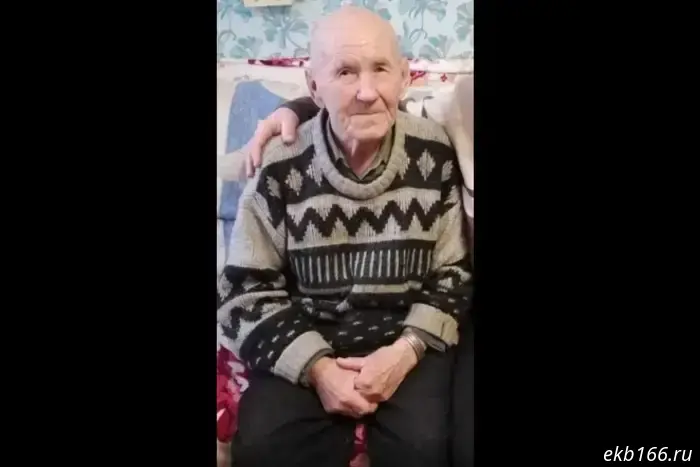 Maybe he went mushroom picking. An 87-year-old grandfather has gone missing in Yekaterinburg.
In the settlement of Medny (part of the Verkh-Isetsky District of Yekaterinburg), 87-year-old Yuri Pervushin has gone missing, reports E1.RU. The exact date of his disappearance is unknown.
Maybe he went mushroom picking. An 87-year-old grandfather has gone missing in Yekaterinburg.
In the settlement of Medny (part of the Verkh-Isetsky District of Yekaterinburg), 87-year-old Yuri Pervushin has gone missing, reports E1.RU. The exact date of his disappearance is unknown.
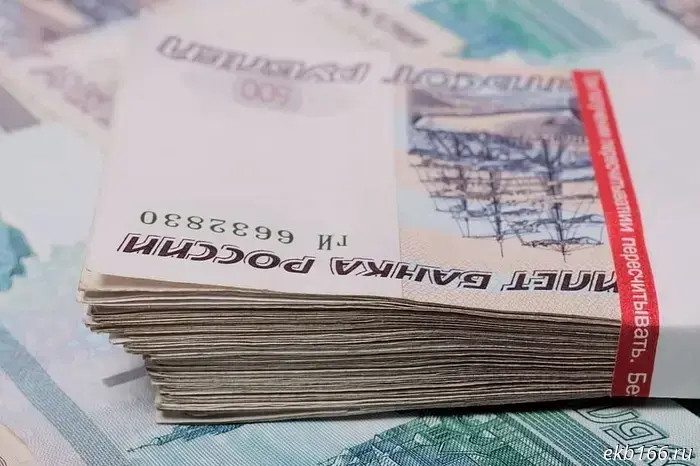 A resident of Yekaterinburg went into the forest for mushrooms and found stacks of money.
A resident of Yekaterinburg discovered ten-ruble banknotes scattered in the forest instead of mushrooms, reports "URA.RU." The mushroom picker shared the unusual find on social media.
A resident of Yekaterinburg went into the forest for mushrooms and found stacks of money.
A resident of Yekaterinburg discovered ten-ruble banknotes scattered in the forest instead of mushrooms, reports "URA.RU." The mushroom picker shared the unusual find on social media.
.jpg) Lada driver dies in the evening on EKAD (PHOTO)
The driver of a Lada died on the EKAD highway Thursday evening, according to the State Traffic Safety Inspectorate of Russia in Sverdlovsk Oblast. The tragedy occurred at the 33rd kilometer of the roadway.
Lada driver dies in the evening on EKAD (PHOTO)
The driver of a Lada died on the EKAD highway Thursday evening, according to the State Traffic Safety Inspectorate of Russia in Sverdlovsk Oblast. The tragedy occurred at the 33rd kilometer of the roadway.
 They decided to install drinking water fountains at Chelyabinsk airport.
The Kurchatov Airport in Chelyabinsk plans to install drinking water fountains. This was announced to "KP-Chelyabinsk" by the general director of the airline, Alexander Chugunov.
They decided to install drinking water fountains at Chelyabinsk airport.
The Kurchatov Airport in Chelyabinsk plans to install drinking water fountains. This was announced to "KP-Chelyabinsk" by the general director of the airline, Alexander Chugunov.
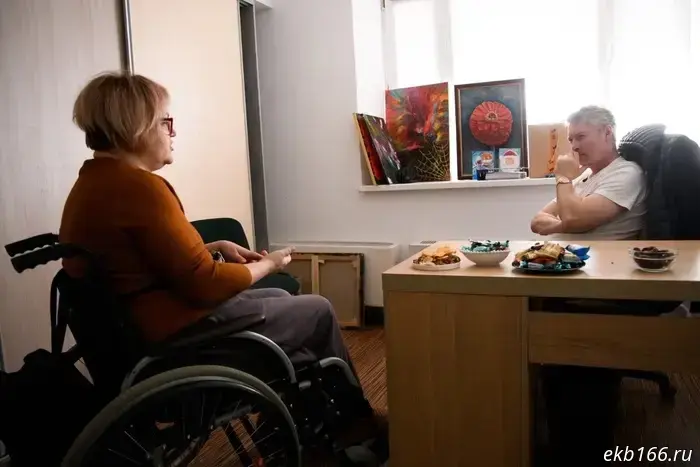 The "Personal Appointment" is closing. The Roizman Fund* in Yekaterinburg is working for the last day.
The Royzman Charitable Foundation (its founder, Evgeny Royzman*, has been recognized as a foreign agent by the Russian Ministry of Justice since 2022) is ceasing operations in Yekaterinburg from today.
The "Personal Appointment" is closing. The Roizman Fund* in Yekaterinburg is working for the last day.
The Royzman Charitable Foundation (its founder, Evgeny Royzman*, has been recognized as a foreign agent by the Russian Ministry of Justice since 2022) is ceasing operations in Yekaterinburg from today.
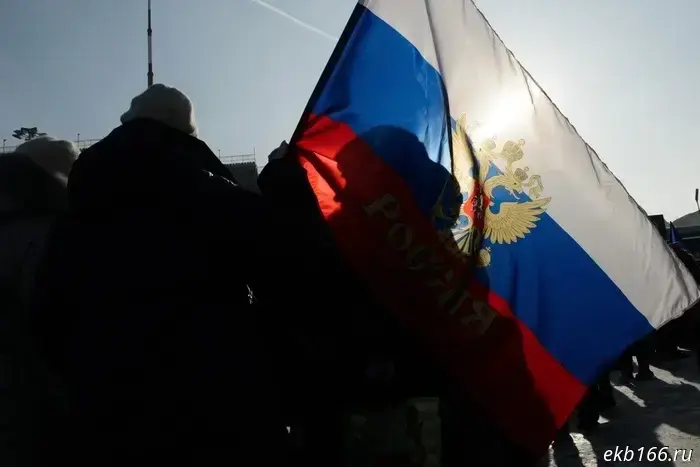 The daughter of a participant in the NWO was denied the entitled payment from the Sverdlovsk Region.
In Kamensk-Uralsky, the prosecutor's office, through court order, mandated the Department of Social Policy to transfer a one-time payment of 100,000 rubles to the daughter of a participant in the special military operation, officials said on Friday in the Sverdlovsk region prosecutor's office.
The daughter of a participant in the NWO was denied the entitled payment from the Sverdlovsk Region.
In Kamensk-Uralsky, the prosecutor's office, through court order, mandated the Department of Social Policy to transfer a one-time payment of 100,000 rubles to the daughter of a participant in the special military operation, officials said on Friday in the Sverdlovsk region prosecutor's office.
Weekly summary with Olga Maslova: July 28 – August 1
For some reason, lately life seems to be turning into a complete antithesis to the directives not to brush off the migrant issue. The latest widely discussed video from the Ministry of Internal Affairs (its authors, by the way, drew a direct parallel between the nationalists of the early 2000s and current Russians dissatisfied with the "sewerage" of Central Asian sinners in the larger cities of Russia) subtly implies: keep scratching, and we'll bind your hands.
